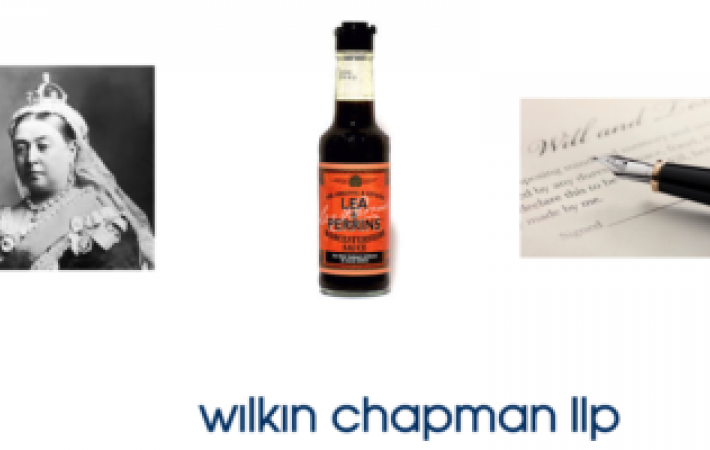18 May 2020
Ancient Will-writing law still applies despite coronavirus complications

What do Queen Victoria, Lea & Perrins Worcestershire Sauce and Will signing formalities have in common?
Answer: The year 1837.
While Queen Victoria acceded the throne and the spicy sauce was created for the first time, it was also the year in which the Wills Act received Royal Assent governing the law on Will formalities for near-on the next two centuries.
Today, the Act which officially came into force on 1 January 1838 still governs the way Wills are formed, drafted and signed.
Ancient laws under pressure
The outbreak of COVID-19 has shone the spotlight on the current Will-making law in England and Wales.
In particular, whether the rules should be relaxed when it's difficult for people to sign in the presence of a witness. And of course, the potential of technology that could affect how we carry out this process.
But while debates rumble on, it's important to remember that the law still remains in force. And those ancient protocols should be followed in order to create a valid Will.
The current law
In order for a Will to be valid, the Wills Act 1837 sets out strict formalities which must be complied with which are:
The Will must be in writing
It must be signed by the person who has made the Will (the ‘testator’)
The Testator must sign the Will in the presence of two independent witnesses
The two independent witnesses must each sign the Will in the presence of the Testator.
Here to help you
During lockdown it's important to comply with the legal formalities, even where it's more difficult to do so. Your Will could be invalid if you don't. That's where we can support you. Just ask.
For further information and help in making or amending a Will, please contact Bethany Boothby on bethany.boothby@wilkinchapman.co.uk or call her on 01472 262 635.